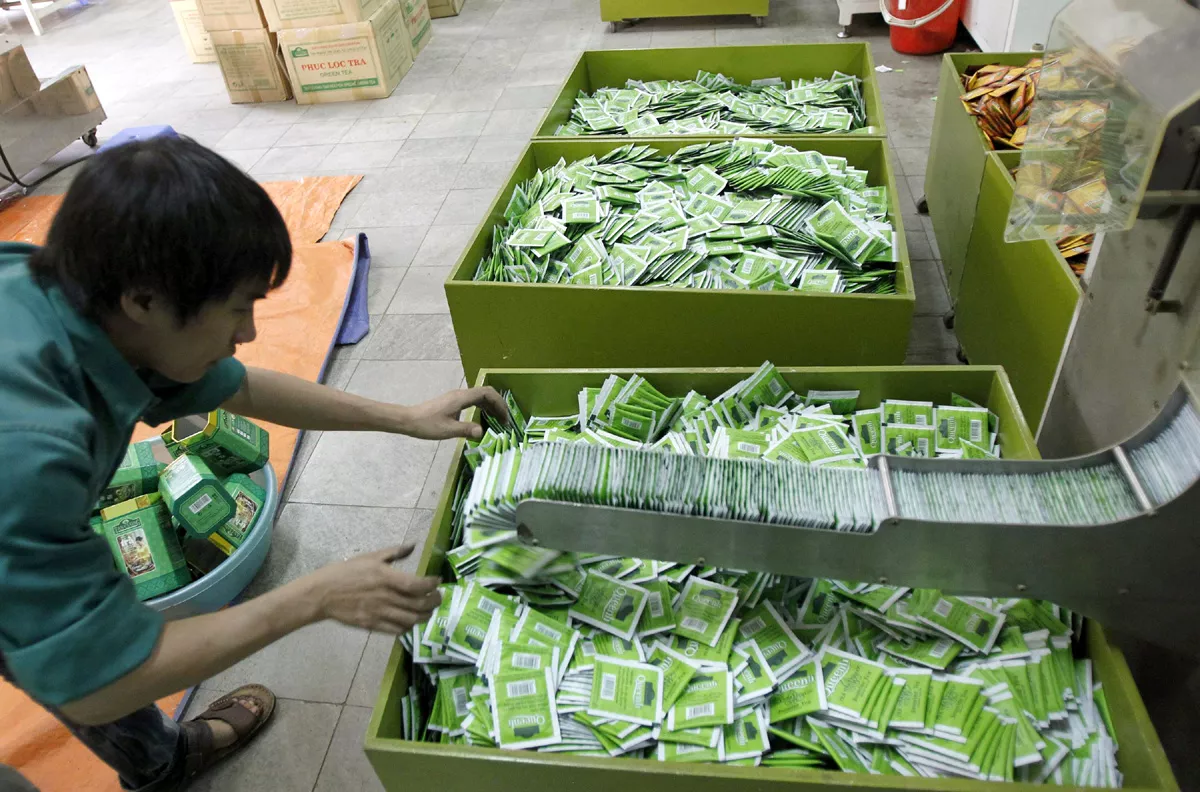Pakistan, Bangladesh eye Fifth Freedom Flight to boost trade, bilateral ties
Envoys highlight trade avenues, call for moving beyond 1971 to boost ties

Pakistan and Bangladesh could benefit from the Fifth Freedom Flight arrangement, encouraging international airlines to operate routes between the two countries as part of extended services. Envoys suggest involving external players in such arrangements could help establish direct air connectivity, boost trade, diplomacy and people-to-people ties.
In a candid dialogue with The Express Tribune, Climate Advisor to the Bangladesh Government Syeda Rizwana Hasan, High Commissioner Iqbal Hussain Khan and Bangladesh Ambassador to Thailand and Permanent Representative to UN ESCAP Faiyaz Murshid Kazi reflected unmistakable optimism surrounding Pakistan-Bangladesh relations. The sentiment is rooted in mutual respect, shared history and growing recognition of economic and cultural complementarities.
They underscored the importance of moving beyond past narratives, focusing instead on practical steps to deepen collaboration in trade, connectivity, education and people-to-people exchanges. There was warmth and forward-looking confidence throughout the interaction. The tone conveyed goodwill and genuine eagerness to strengthen bilateral ties.
Direct flights
The climate advisor stated that Dhaka is trying to expand its fleet for the national air carrier, Bangladesh Biman Airlines, to minimise travel difficulties without a direct air link. Endorsing her views, Kazi highlighted that Bangladesh Biman or private airlines lack sufficient fleets. Some are struggling, and only a few survive domestic and international competition.
The high commissioner suggested encouraging external players to use Fifth Freedom Flight and help establish air connectivity. He cited airlines from the UAE or China, which have regular flights to both countries. "If we could encourage them to establish direct connectivity, that could be helpful," he said. Kazi reaffirmed political will at his country's side whilst citing logistical challenges as one major hurdle. Pakistan's debt situation and banking sector reforms in Bangladesh remain key constraints. However, he stressed reconnecting business communities to reassess opportunities and rebuild confidence, rather than waiting for financial conditions to stabilise fully.
"Cleaning the financial sector at both ends would allow businesses to be incentivised and explore opportunities we have," Kazi remarked.
"For Bangladesh, Pakistan is a wider gateway to Central Asia, the Middle East and other countries. Similarly, Bangladesh could be an opening for Pakistan to Northeast India, Nepal, Bhutan and Southeast Asian countries. We have to take that broader outlook and recalibrate our investment decisions," he said.
Bilateral contacts
About recent bilateral contacts and engagements, including at the highest political level, encompassing civilian and military leaderships, Kazi said these interactions are good signs for resuming bilateral economic cooperation. "Obviously, the priority is to revive trade, investment and connectivity linkages."
Kazi cited that currently, trade between the two countries is limited to traditional items. But there is scope for enhancing such trade. Bangladesh has a good pharmaceutical industry and can offer affordable pharmaceutical products to Pakistan. "We also have a growing electronics sector."
Similarly, Pakistan has competitive strength in products like sports goods and medical equipment that Bangladesh can rely upon.
Additionally, there can be mutual investment on both sides. There have been Pakistani investments in Bangladesh, especially in readymade garments, but opportunities exist for more. He cited agri-processing as a focus of mutual interest due to high populations on both sides. Both countries have growing middle classes that would trigger food requirements. "If we invest in each other's locations, in respective areas of competence, that can be win-win. In Bangladesh, we have sufficient growth in inland fisheries."
Kazi proposed that fish can be a good protein source for Pakistan's population. Pakistan can consider investing in Bangladesh's fisheries sector, including marine fishing, with buyback arrangements where Pakistani investors invest in Bangladesh and buy back products.
"We remain a rice-importing country, and Pakistan can be a good source of rice and other agricultural products. Investment would be a priority."
Trade route and connectivity
The envoy emphasised air connectivity as crucial to resume direct flights between Dhaka-Islamabad and Dhaka-Karachi. Trading perishable agricultural goods requires air cargo. "It's not just about passengers, but cargo freight that we need," Kazi remarked.
He identified shipping connectivity as another important area. Pakistan has state-of-the-art port facilities. In Bangladesh, authorities are investing in enhancing the Chittagong port. A deep-sea port is being developed in Matharbari. "Direct shipping lanes should be helpful."
Bangladesh can offer Pakistan broader access to Southeast Asia and the Far East. Similarly, Pakistan can be a gateway for Bangladesh to Central Asia, the Middle East and Africa. Both sides need to leverage strategic locations on the Indian Ocean and support each other in expanding trade.
Embers of a common fire
The envoy drew a picture of huge populations and diverse emotions, "Pakistan is 200 million plus people. We are 180 million plus. There will be different views and opinions. And there is probably nothing bad about that. However, that's the job of our leaders and politicians to synthesise the narrative rather than create a divisive narrative."
He noted civilisational linkages, cultural exchanges and religious affinities that Bangladesh shares with Pakistan. "Yes, there have been certain moments in our history, especially in 1971, which probably still remain, but it would help younger generations on both sides to leave behind the baggage of history bequeathed by previous generations and move forward."
He emphasised the importance of reaching out to each other, noting such engagement is already taking place. He added that media, academia and other stakeholders should collectively support these efforts to strengthen bilateral understanding. Bangladesh's strong participation in the sustainability forum reflects its commitment to fostering people-to-people exchanges. Such interactions help build understanding and overcome divisive forces. The ambassador concluded: "Let's learn from history. Let's try to rectify fault lines of our shared history. And then let's move forward so that harmony and solidarity rivers, not just between our two countries, but across South Asia."






















COMMENTS (3)
Comments are moderated and generally will be posted if they are on-topic and not abusive.
For more information, please see our Comments FAQ